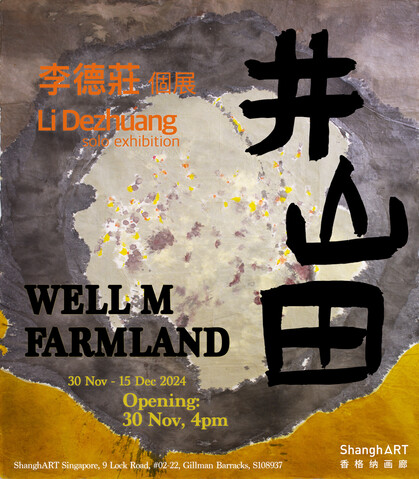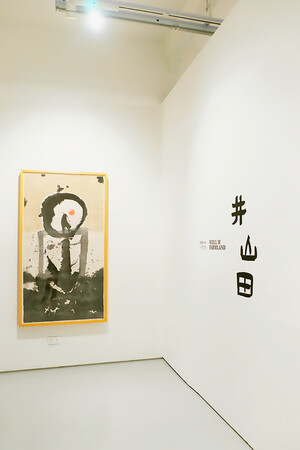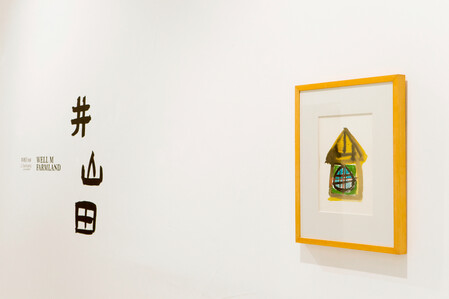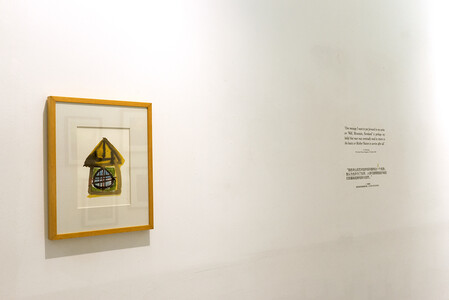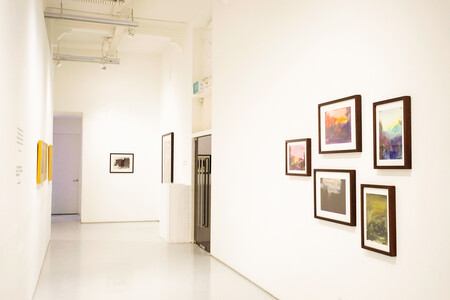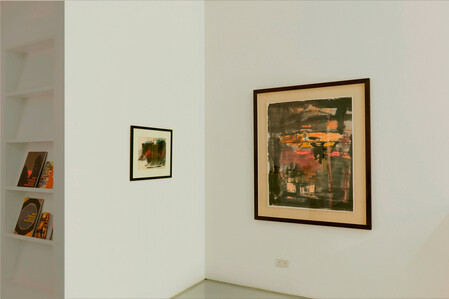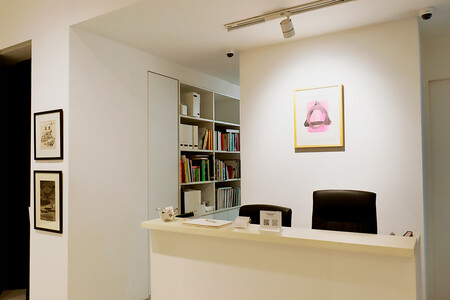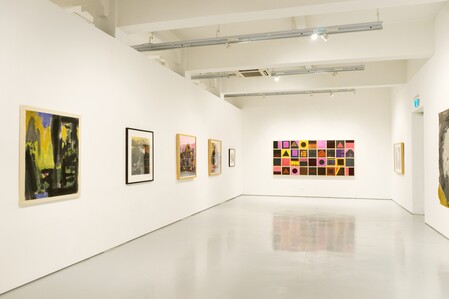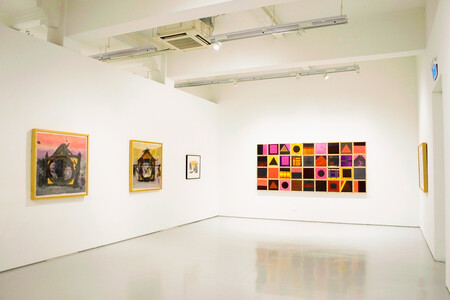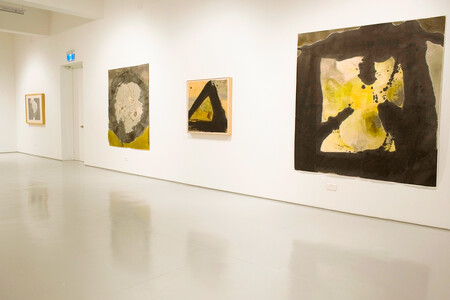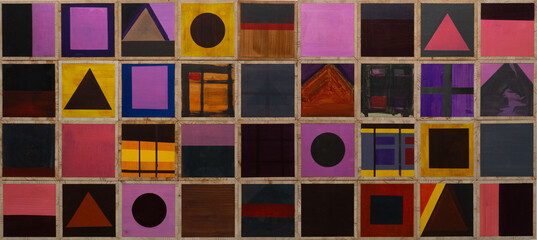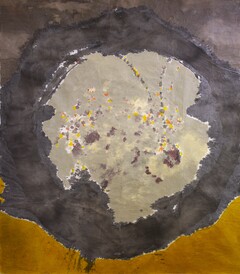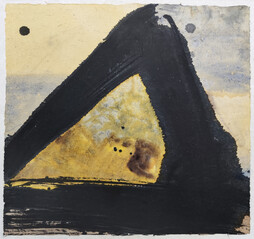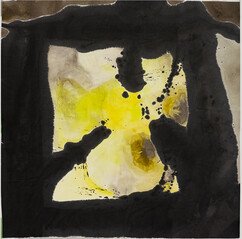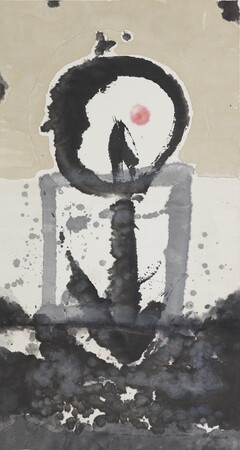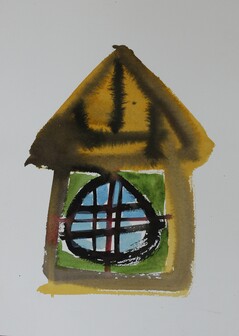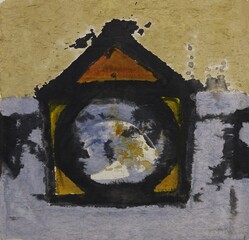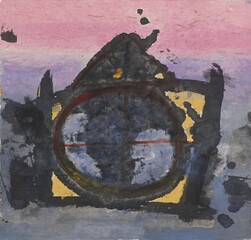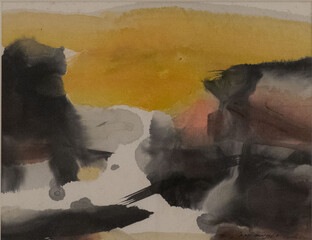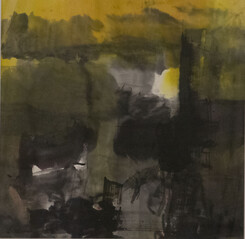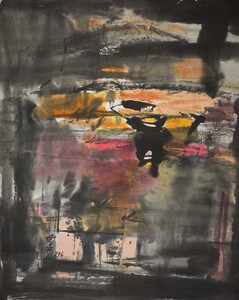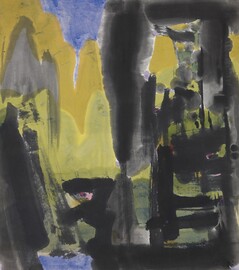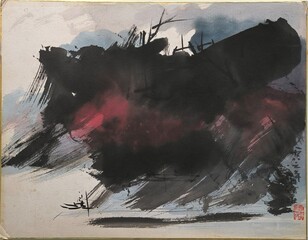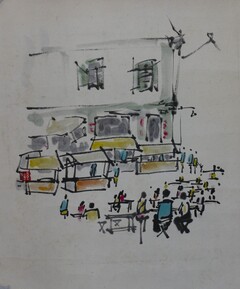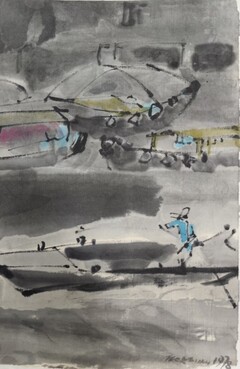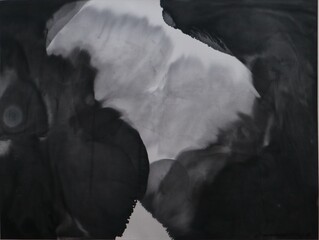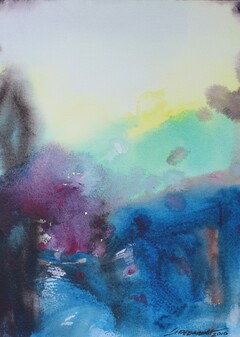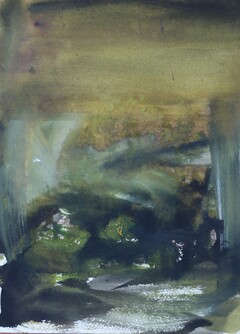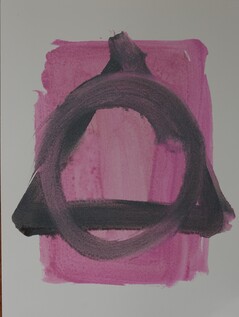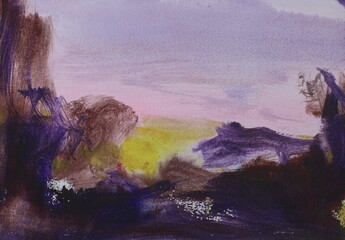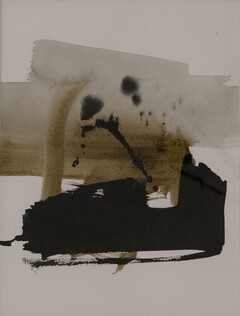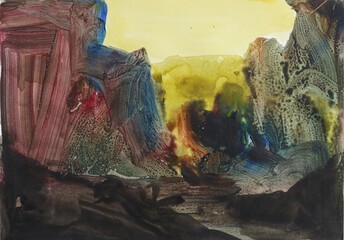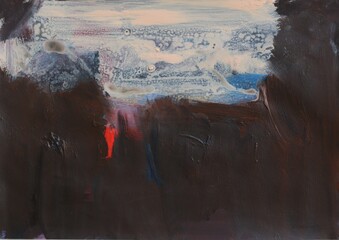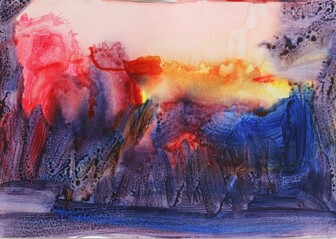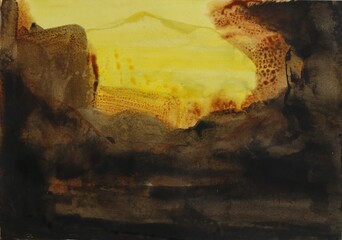Solo Exhibition ShanghART Singapore, Singapore
Opening: 30 Nov 2024
30 Nov - 15 Dec 2024
Wednesday to Sunday, 12pm – 6pm,
other hours by appointment only
9 Lock Road, #02-22, Gillman Barracks, Singapore 108937
+65 6734 9537 | infosg@shanghartgallery.com
shanghartgallery.com | FB & IG: @shanghart.singapore
ShanghART Singapore is honoured to present Li Dezhuang’s solo exhibition “Well M Farmland” (井山田 Jing Shan Tian). This is the second time the artist has returned to Singapore to hold a solo exhibition, since he left Singapore 24 years ago. Surrounding his iconic “Well M Farmland” series of paintings, the exhibition strives to share fascinating stories from nearly half a century of his colourful and creative artistic practice.
The exhibition comprises selected highlights from his career, providing an overview of his artistic practice spanning nearly half a century. From the earliest work created in the late 1970s, to his subsequent revisiting of his “Abstract Landscape” series, the exhibited works are threaded through “Well M Farmland – Square Puzzle”, a landmark work created in Singapore during the Covid-19 years that depicts a fascinating narrative of Li’s personal reflection towards the pandemic. The gallery is pleased to reintroduce this globetrotting artist to the public eye through this exhibition, giving local audiences the opportunity to have a glimpse into his illustrious journey.
“One message I want to put forward in my series on “Well, Mountain, Farmland” is perhaps my belief that man may eventually need to return to the basics or Mother Nature to survive after all.”
—Li Dezhuang, The Straits Times, Singapore, 23 October 2016.
About the Artist
Li Dezhuang, also known as Lee Teck Suan, was born in Singapore in 1953.
Winner of the 2023 64th Chinese Literature and Art Medal (Taiwan), Li Dezhuang studied western art and graduated from Nanyang Academy of Fine Arts in 1970. As a modern poet, columnist and Chartered Fellow (FCILT), his varied experience provided him with a diverse perspective. In 1984, he won the runner-up prize in the 3rd UOB Painting of the Year competition. The winning entry, “The Water Margin” (1984), used an unconventional and semi-abstract approach to ink painting; depicting the lives of lighterage workers during the clean-up of Singapore River (1977–87). This work expanded into a significant series documenting the development of Singapore in an important time, of which “Noon” (1980s) was acquired as part of the national collection.
In 1986 and 1988, Li Dezhuang was invited to participate in exhibitions in New York. For the past thirty years, he continued to travel to New York, visiting museums to study the works of abstract masters. His painting style has therefore been deeply influenced by abstract expressionism. In 2001 however, Li decided to turn his perspective towards China. At the invitation of Shanghai Pudong Artist Village chief Liu Gang, he relocated to the artist village. Subsequently he established a large-scale art studio in Linhai city, Zhejiang province. In China, the profound Chinese civilisation and culture deeply influenced him and enriched the spiritual connotation of his artistic creation. Inspired by his study of Chinese Han characters, he selected the three most representative characters 井 (well), 山 (mountain), 田 (farmland) as the soul of Chinese civilisation and three basic geometric shapes: circle, triangle and square to represent each of the Chinese character, as the form of artistic creation. Combining them together, Li created the “Well M Farmland” (Jing Shan Tian) series. This contemporary ‘new ink painting’ achieves a common understanding across different cultural backgrounds and shifts his artistic creation from modern abstract expressionism to a contemporary artistic creation and presentation.
“Just as Franz Kline uses elements of Chinese calligraphy and brush work in his abstraction, Mr Li blends Asian and Western elements into a unique stye of his own. His use of mineral colours, dry and wet brush, splash-ink technique, and rice paper reflects the influence of two giants of modern Chinese painting, Qi Baishi (1864–1957) and Fu Baoshi (1904–1965). On the other hand, his penchant for acrylic paint on canvas, sometimes with impastoed surfaces, the imposing scale of his paintings, and the intense energy that emanates from his work show his affinity with Abstract Expressionism.”
—Mr Fong Chow, Curator, Metropolitan Museum of Art, New York, 20 February 2001.
In 2017, Li Dezhuang launched the filming of his “Well M Farmland” (Jing Shan Tian) series, leading to the art film "Till the Reeds Turn White". He led the film crew to Hukou, Yan’an city, Shaanxi province, where they filmed a spectacular and thrilling scene of the Yellow River during high tide. As a performative act, Li stepped into the water, calling out “Jianjie” (蒹葭) and “Mother” at the birthplace of ancient Chinese civilisation. The film interprets the concept and creative philosophy of Li’s “Well M Farmland” series, including a number of large-scale ink performances and installations, and underscores topics on human civilisation and the complexities of humanistic emotions. The film also uses the story of “Jianjie” (蒹葭), further revealing a persevering spirit in the pursuit of artistic creation. Besides being the film producer, Li was also screenwriter, director, actor, post-production director, songwriter and lead singer for the film. The art film realises the crossover from visual to audio-visual art including vocal music and music production. At the same time, it summarises the artist’s half-century artistic creation.
More Pictures:

